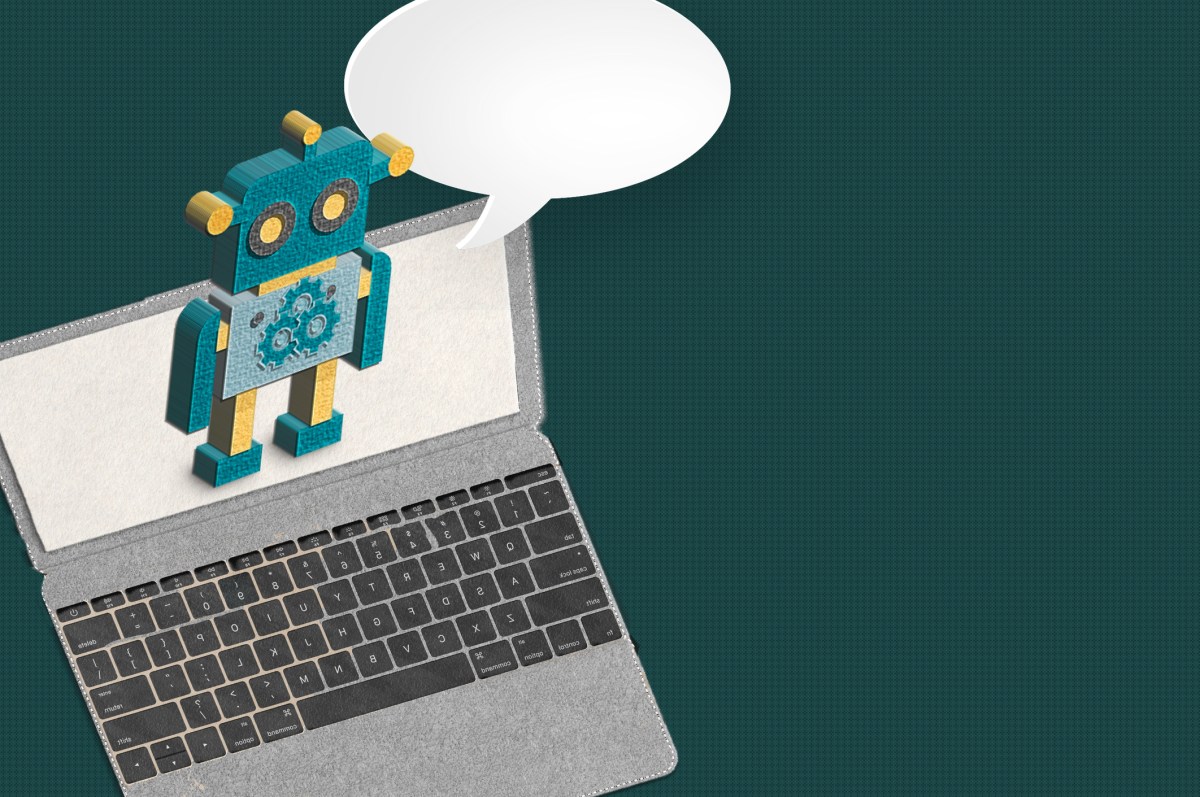Main topic: OpenAI's web crawler, GPTBot, and its potential impact on AI models.
Key points:
1. OpenAI has added details about GPTBot, its web crawler, to its online documentation.
2. GPTBot is used to retrieve webpages and train AI models like ChatGPT.
3. Allowing GPTBot access to websites can help improve AI models' accuracy, capabilities, and safety.
Main topic: OpenAI's use of GPT-4 for content moderation
Key points:
1. OpenAI has developed a technique to use GPT-4 for content moderation, reducing the burden on human teams.
2. The technique involves prompting GPT-4 with a policy and creating a test set of content examples to refine the policy.
3. OpenAI claims that its process can reduce the time to roll out new content moderation policies to hours, but skepticism remains due to the potential biases and limitations of AI-powered moderation tools.
Hint on Elon Musk: Elon Musk is one of the co-founders of OpenAI and has been involved in the development and promotion of AI technologies.
Main topic: The New York Times may sue OpenAI for scraping its articles and images to train AI models.
Key points:
1. The New York Times is considering a lawsuit to protect its intellectual property rights.
2. OpenAI could face devastating consequences, including the destruction of ChatGPT's dataset.
3. Fines of up to $150,000 per infringing piece of content could be imposed on OpenAI.
The New York Times is considering legal action against OpenAI as it feels that the release of ChatGPT diminishes readers' incentives to visit its site, highlighting the ongoing debate about intellectual property rights in relation to generative AI tools and the need for more clarity on the legality of AI outputs.
Several major news outlets, including the New York Times, CNN, Reuters, and the Australian Broadcasting Corporation, have blocked OpenAI's web crawler, GPTBot, which is used to scan webpages and improve their AI models, raising concerns about the use of copyrighted material in AI training.
OpenAI is releasing ChatGPT Enterprise, a version of its AI chatbot targeted at large businesses, offering enhanced security, privacy, and faster access to its technology, in a move that overlaps with Microsoft's offerings to customers.
As AI tools like web crawlers collect and use vast amounts of online data to develop AI models, content creators are increasingly taking steps to block these bots from freely using their work, which could lead to a more paywalled internet with limited access to information.
The Guardian has blocked OpenAI from using its content for AI products like ChatGPT due to concerns about unlicensed usage, leading to lawsuits from writers and calls for intellectual property safeguards.
Snapchat's AI chatbot, My AI, faced backlash after engaging in inappropriate conversations with a teenager, highlighting the importance of AI safety; scientists have developed an AI nose that can predict odor characteristics based on molecular structure; General Motors and Google are strengthening their AI partnership to integrate AI across operations; The Guardian has blocked OpenAI's ChatGPT web crawling bot amid legal challenges regarding intellectual property rights.
The Authors Guild, representing prominent fiction authors, has filed a lawsuit against OpenAI, alleging copyright infringement and the unauthorized use of their works to train AI models like ChatGPT, which generates summaries and analyses of their novels, interfering with their economic prospects. This case could determine the legality of using copyrighted material to train AI systems.
Bots are scraping information from powerful AI models, such as OpenAI's GPT-4, in new ways, leading to issues such as unauthorized training data extraction, unexpected bills, and the evasion of China's AI model blockade.
OpenAI is introducing upgrades for GPT-4 allowing users to ask the AI model questions about submitted images, while taking precautions to limit potential privacy breaches and the generation of false information. Additionally, Meta has expanded the length of input prompts for its Llama 2 models, increasing their capability to carry out complex tasks, and the US Department of Energy's Oak Ridge National Laboratory has launched a research initiative to study the security vulnerabilities of AI systems.
OpenAI has developed an opt-out mechanism for artists to prevent their work from being used to train AI models, but experts suggest that the process is complex, difficult to enforce, and may be too late to protect previously created work.
Researchers at Brown University have discovered vulnerabilities in OpenAI's GPT-4 security settings, finding that using less common languages can bypass restrictions and elicit harmful responses from the AI system.
A group of prominent authors, including Douglas Preston, John Grisham, and George R.R. Martin, are suing OpenAI for copyright infringement over its AI system, ChatGPT, which they claim used their works without permission or compensation, leading to derivative works that harm the market for their books; the publishing industry is increasingly concerned about the unchecked power of AI-generated content and is pushing for consent, credit, and fair compensation when authors' works are used to train AI models.
OpenAI is creating a team to address and protect against the various risks associated with advanced AI, including nuclear threats, replication, trickery, and cybersecurity, with the aim of developing a risk-informed development policy for evaluating and monitoring AI models.
